Author: Michael John
-
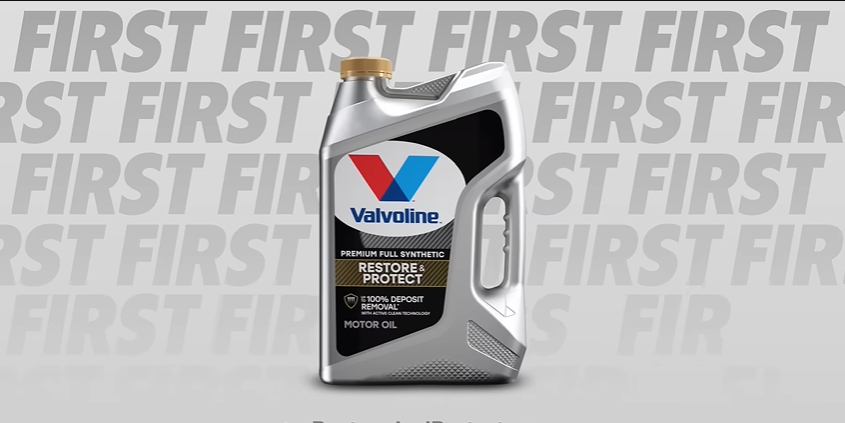
Does Valvoline Do Oil Changes on Bmw?
Valvoline does not currently offer oil changes specifically for BMWs. However, they do offer a variety of conventional and synthetic motor oils that are compatible with BMW vehicles. Customers can either bring their own BMW to a Valvoline location for an oil change or purchase a motor oil that is compatible with BMWs from a
-
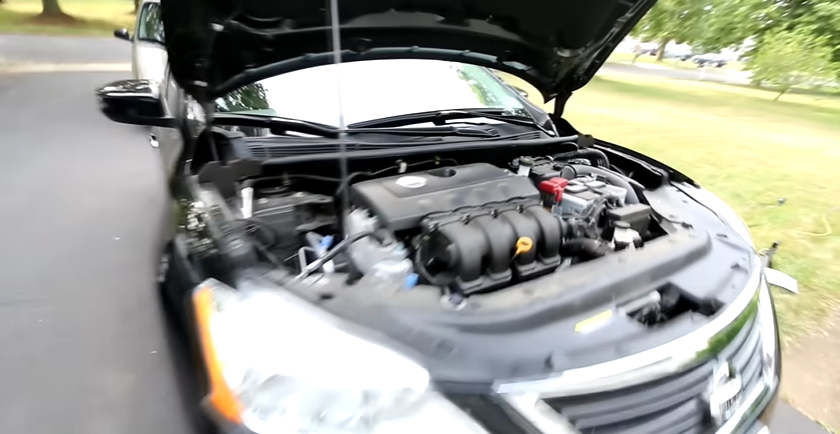
Does Carmax Change Oil before Selling?
Yes, Carmax does change the oil before selling a car. They typically use synthetic oil, which can last longer than conventional oil. They also do a safety inspection and multi-point inspection on every car before putting it up for sale. Carmax is one of the largest used car dealers in the United States. In order
-
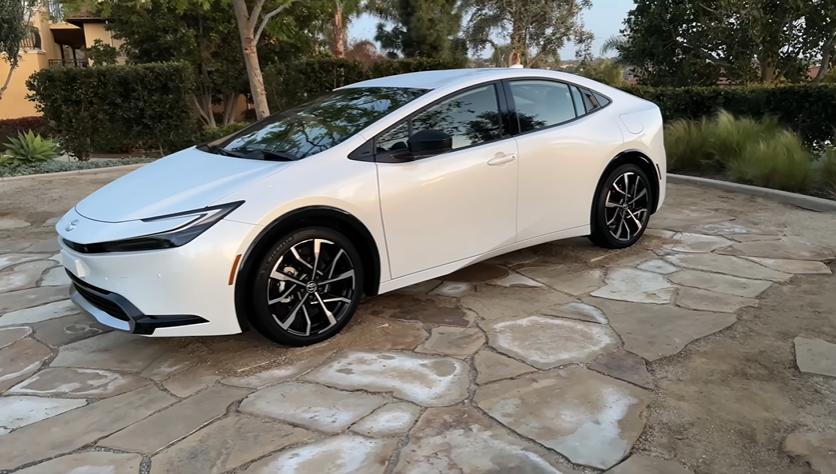
Does Prius Need Transmission Oil Change?
Yes, the Prius does need transmission oil changes. The interval for these changes is typically around 30,000 miles or every 2 years, whichever comes first. Transmission oil breaks down over time and needs to be replaced to keep your car’s transmission functioning properly. If you own a Prius, you may be wondering if you need
-
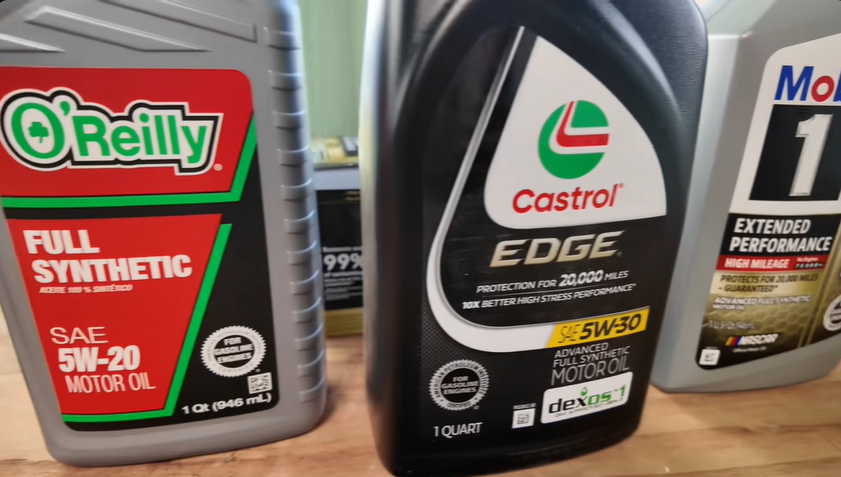
Does Publix Sell Motor Oil?
No, Publix does not sell motor oil. If you’re looking for motor oil, Publix is a great place to check! We offer a range of motor oils tailored to meet your specific needs. Whether you’re looking for conventional, synthetic, or something in between, we’ve got you covered. Plus, our prices are always competitive. If you
-

Does Synthetic Oil Cause Leaks?
Synthetic oil does not cause leaks. Leaks can be caused by various factors, including poor seals or gaskets, worn engine parts, or an improperly installed oil filter. If you’ve ever wondered whether or not synthetic oil can cause leaks, you’re not alone. It’s a common question that we receive here at the shop, and it
-
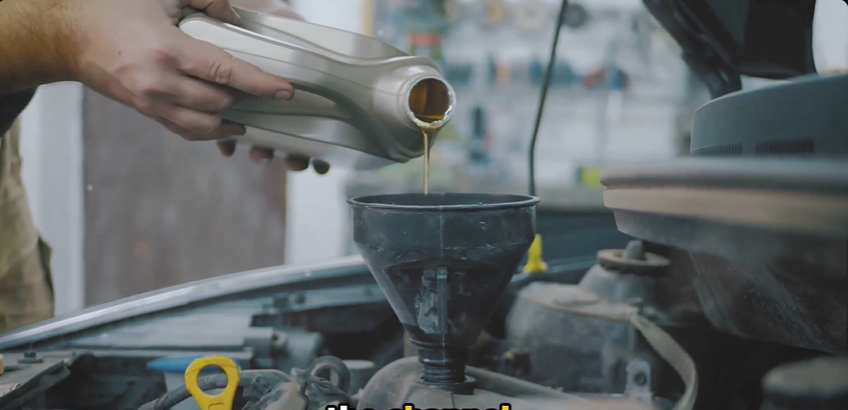
Does Engine Oil Get Thicker Or Thinner With Age?
The viscosity of engine oil does not change significantly with age. However, the additive package that keeps the oil fresh can degrade over time, leading to a loss of performance. As motor oil ages, it breaks down and becomes less effective at lubricating your engine. This can cause increased wear on engine parts, leading to
-
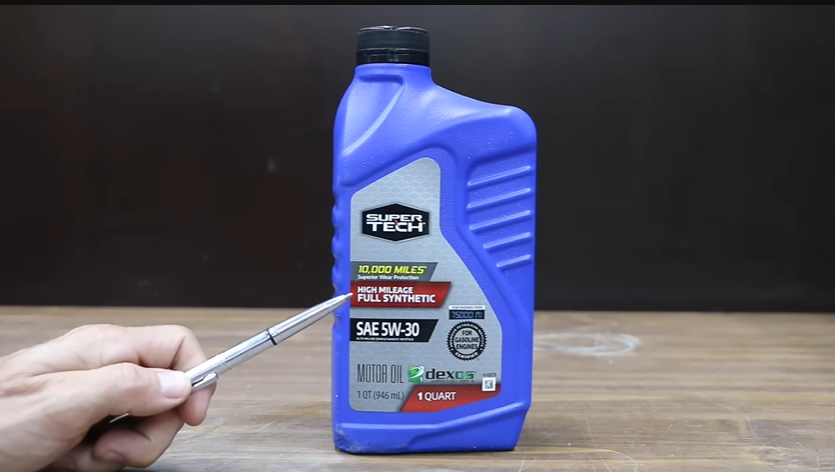
Does High Mileage Oil Work?
High mileage oil is designed for engines with over 75,000 miles. It has special additives that help protect seals and reduce leaks. It also helps to prevent sludge buildup and keeps your engine cleaner. High mileage oil is designed for engines with over 75,000 miles on them. It has additives that help protect seals and
-

Does Stp Oil Treatment Work?
STP Oil Treatment is designed to work with all types of motor oil, including synthetic and conventional oils. It is designed to reduce friction and wear on engine parts, while also improving fuel economy. STP oil treatment is a product that has been on the market for many years. It is designed to treat engine
-
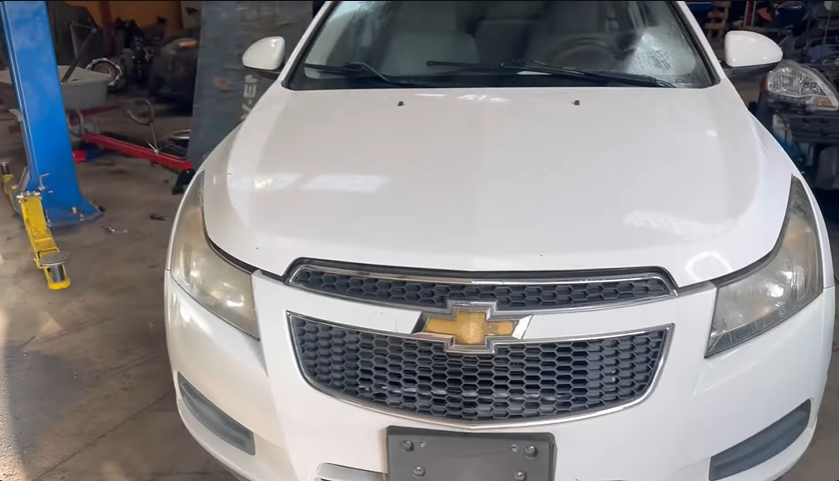
Does My Chevy Cruze Need Synthetic Oil?
Yes, your Chevy Cruze will need synthetic oil. This is because synthetic oil has a higher viscosity than regular oil, meaning it can better withstand high temperatures. It also does a better job of protecting your engine from deposits and sludge. If you own a Chevy Cruze, you may be wondering if you need to
-
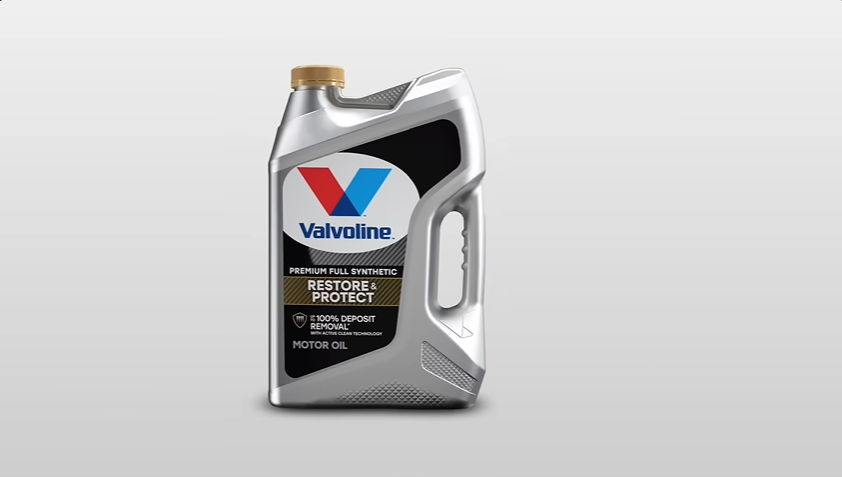
Does Valvoline Oil Have Zinc?
Yes, Valvoline oil has zinc. Zinc is an essential element for proper engine operation and helps to protect against wear. It also protects against corrosion and helps to keep your engine clean. Valvoline is one of the most popular motor oil brands on the market. Their oils are known for their quality and performance. Many